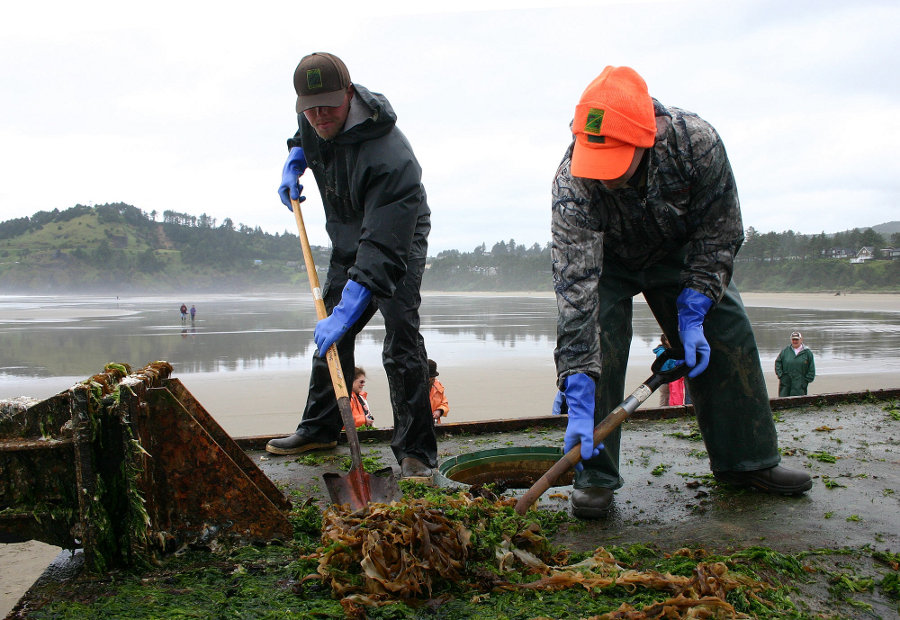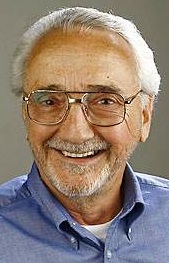The Idaho Democratic convention may generate a few headlines but the Republican next weekend in Twin Falls may tell a larger story, when it makes decisions on picking a new chairman and approving platform and resolutions.
The chairmanship is opening with the end-of-term departure of Norm Semanko, and there’s not only no obvious heir, but also no now-obvious battle lines. The chair fight in 2010 was not about different gradations of “conservative,” or even ideology, but more about ins vs. outs. The outs (under Semanko’s banner) won. That may have taken a little air out, since winning breeds satisfaction rather than roiling energy. And this year, Governor C.L. “Butch” Otter evidently is (wisely, after losing two years ago) staying out of it. The divisions this year seem not nearly as sharp as two years ago.
A bunch of names have been floated. Some are not prominent statewide (the county chair of Elmore County, for example). At least one is well known – Dean Sorensen, a former legislator who (fairly or not) for some bears the “moderate” tag, not a good sign for election inside this party. A dark horse could yet emerge.
Then there’s Lawerence Denney, speaker of the Idaho House, quoted as saying he might be willing to serve as party chair and leave the speakership. This is an eye-catcher, since party chair is not nearly so powerful or influential an office as House speaker – or even, probably, most House committee chairs. Speculation here: It’s an indication Denney thinks he may be unseated in the organizational session in December by Representative Scott Bedke, the now-Assistant Majority Leader running for speaker, who seems to have deep and broad support.
But Denney’s candidacy, like others, is uncertain till the convention. It could be a relatively quiet and easy contest; a string of candidates each without much support each could drag things on; or there could be a squabble over issues.
Bringing us to platform and resolutions, subject of much discussion after the 2010 meeting when Tea Party favorites like repeal of popular election of senators, return to the gold standard and other such issues either were embraced or nearly so. There’s some discussion this convention might focus more on national issues and on lining up support for presidential nominee-apparent Mitt Romney, which would make for peaceful quiet.
Or not. The batch of proposed resolutions mailed to convention delegates includes, again, a bunch of hot-button items (one calling for a reversal on the closed Republican primary). Resolutions committee co-chair is Representative Bob Nonini of Coeur d’Alene, who may not shy from the hotter stuff.
The platform could go two ways too. Last time, the party called for sending out to candidates a checkoff form called variously a “survey” or a “loyalty oath,” in which they could declare which platform elements they support or not. Those responses apparently will be brought into discussion in the platform committee, which is slated to run about twice as long as usual. Based on that and longer debate, the platform might be softened from 2010, or the delegates might decide to get more creative.
Each of these choices will tell us something about Idaho Republicans this year.





